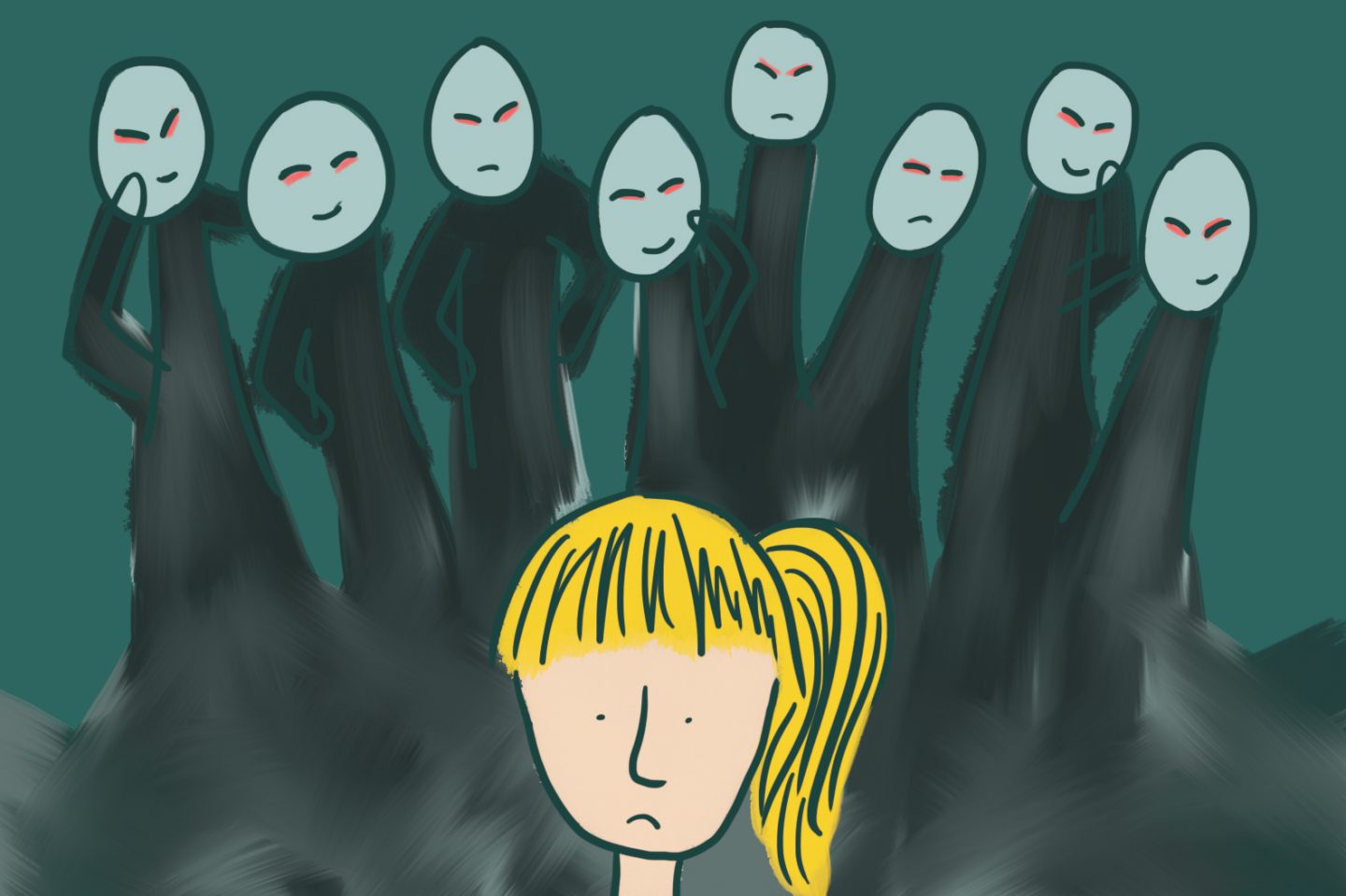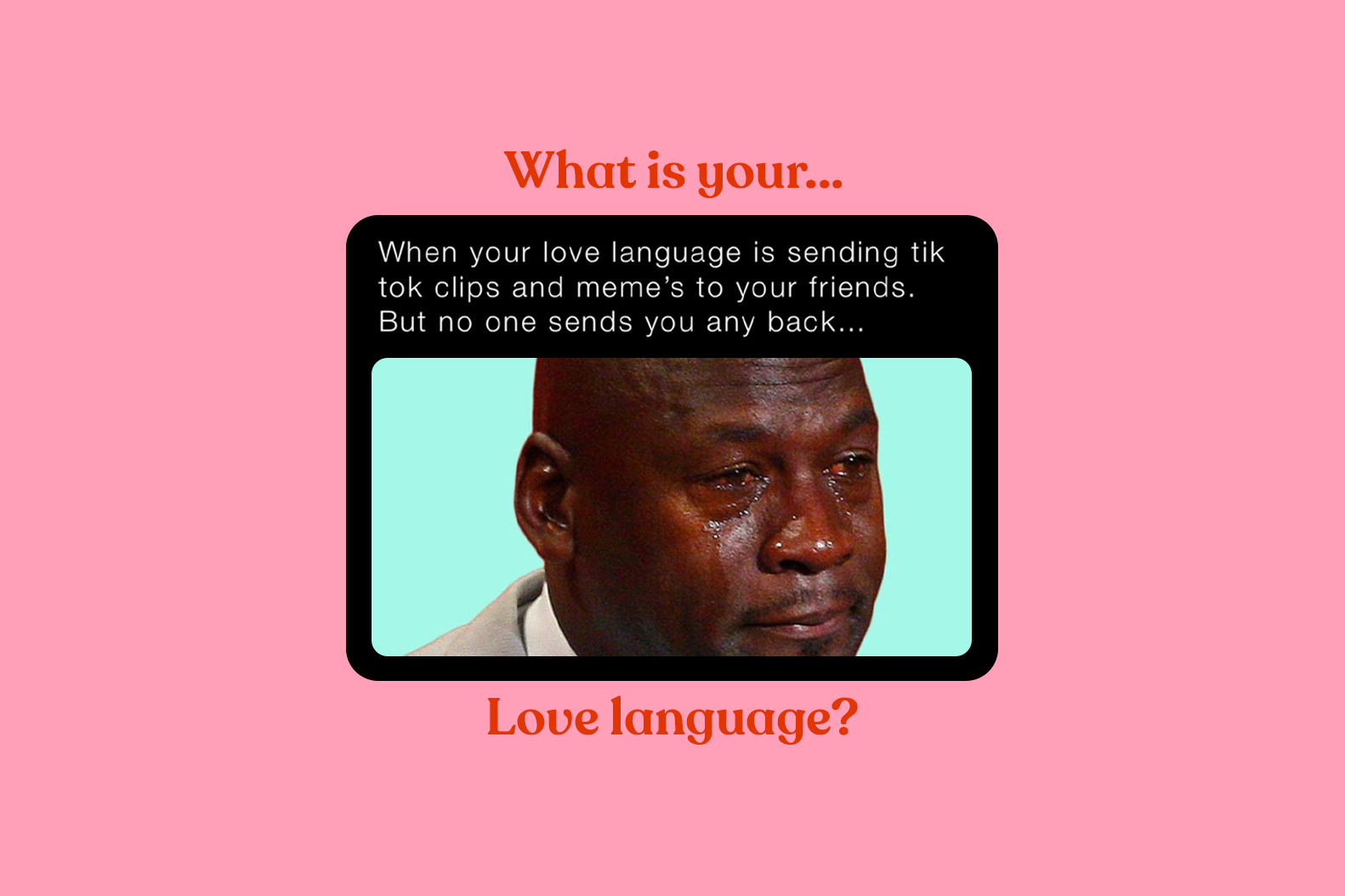My sister was shoved into a locker by a bunch of bullies when she was just 10 years old. It became a daily routine for her. Just like how she had to eat her lunch in a toilet cubicle each day.
She’s far from the only one. Almost everyone I know has been chewed up and spat out by the social hierarchies that inevitably spring up around the teenage years.
I’ve seen bullying from both sides of the fence. In school, I was one of the popular girls – but at the same time, I was a target for catty remarks and gossip.
I entered my first year of secondary school with wide-eyed enthusiasm to make new friends. But while I managed to form some good friendships, that was overshadowed by the unwanted attention I got from a bunch of senior girls.
They would stare at me from across the canteen, offering up nasty comments. It was condescending, it was juvenile – and it hurt. I didn’t know anything about these girls, but it was clear: They were the popular kids and I was at the bottom of the food chain.
Thankfully all that negative attention stopped when they graduated two years later.
Then the unthinkable happened; I became the popular one for a change. I’m naturally effervescent and was quite an extrovert at that time. I hung out with a group of friends who were all popular in their own right.
I was happy. I had finally found my friends. There was rarely anything we did without each other.
Then one day – for reasons that continue to elude me – they decided I wasn’t to be a part of the group anymore. I had fallen from grace.
I had never felt so alone in my life.
Suddenly, I didn’t have my usual spot at the lunch table anymore. One day I was surrounded by friends and laughter; the next thing I knew, I was roaming from one class to another all alone with a voice in my head screaming: This can’t be happening to me.
The saving grace was that all of this took place during the period leading up to my O-levels, so it didn’t last too long. Once the study break started, I could finally breathe a little easier.
But then I received my results. I’d always been an above-average student. But amid all the drama, I struggled to focus during my revision. When I got my O-level grades they were abysmal.
I was devastated.
Anger started to brew in me. I didn’t do anything to deserve this. Why me?
All my hopes and expectations for my life were in ruins. I couldn’t look at myself in the mirror. I was ashamed that I had been so weak – so easily affected by the words of others around me.
I channelled all the negative emotions stirring up in me by throwing myself doubly hard into my schoolwork. The indignation and resentment fuelled my overachieving self – I relentlessly pursued the best grades, top leadership positions and recognition.
But no matter how good my grades were, or what accolades I gained, five years after that ordeal, I still found myself unsettled by everything that had taken place. The pain and anger seemed to have taken a hold of my life and personality.
Two years ago, on New Year’s Day, I took an inventory of all the things I had stored up in my heart. And I realised that I still had not let go of the hurts from all those years ago.
I told God that I wanted to be free from all that anger and unforgiveness. I was ready to move on.
The Holy Spirit told me: Pick up a pen.
I was convicted to write a letter to the girls. I told them that I forgave them – but then I struggled to write the next line. My pride and hurt kicked in.
I wrestled with this for a while, before I was finally able to write what I knew I had to: Will you forgive me?
In my letters, I asked for forgiveness if I had done anything that caused them to act in the way that they did to me. I ended each letter by wishing them well, saying that I hoped they had found joy wherever they were.
The freedom found in forgiveness happens when you release the people who have hurt you from their actions.
I sent the letter out with no expectations of hearing back from them. My heart felt instantly lighter. But what was more unexpected was that I got a reply from all of them; they apologised and some of them even suggested it was time to reconnect.
Going through all of that has shaped the person I am today. Now I’m more aware of the people who have been shoved to the outskirts of social circles. My heart breaks for them; I’ve been there.
I’ve learnt that God’s heart isn’t for division. He even said that we should go so far as to leave our gifts in front of altar and make peace with our brother before we return to offer the gift to Him (Matthew 5:23-24).
The freedom found in forgiveness happens when you release the people who have hurt you from their actions. Forgiveness isn’t about a situation being rectified. It’s about a heart being set right – releasing the hurt, anger and bitterness that eat away at our soul.
When you can do that, you’re free to move on, move forward. Reconciliation is a bonus.









